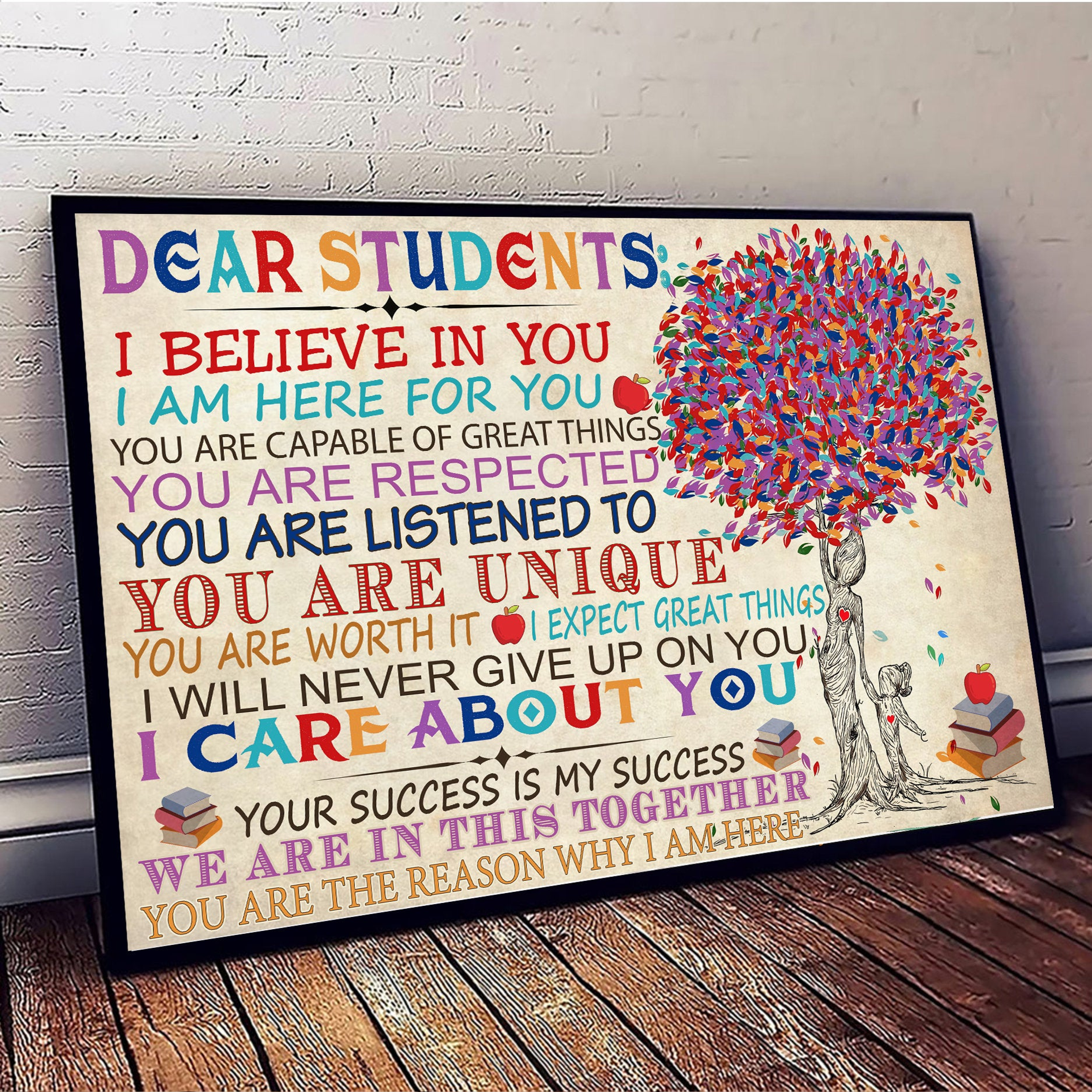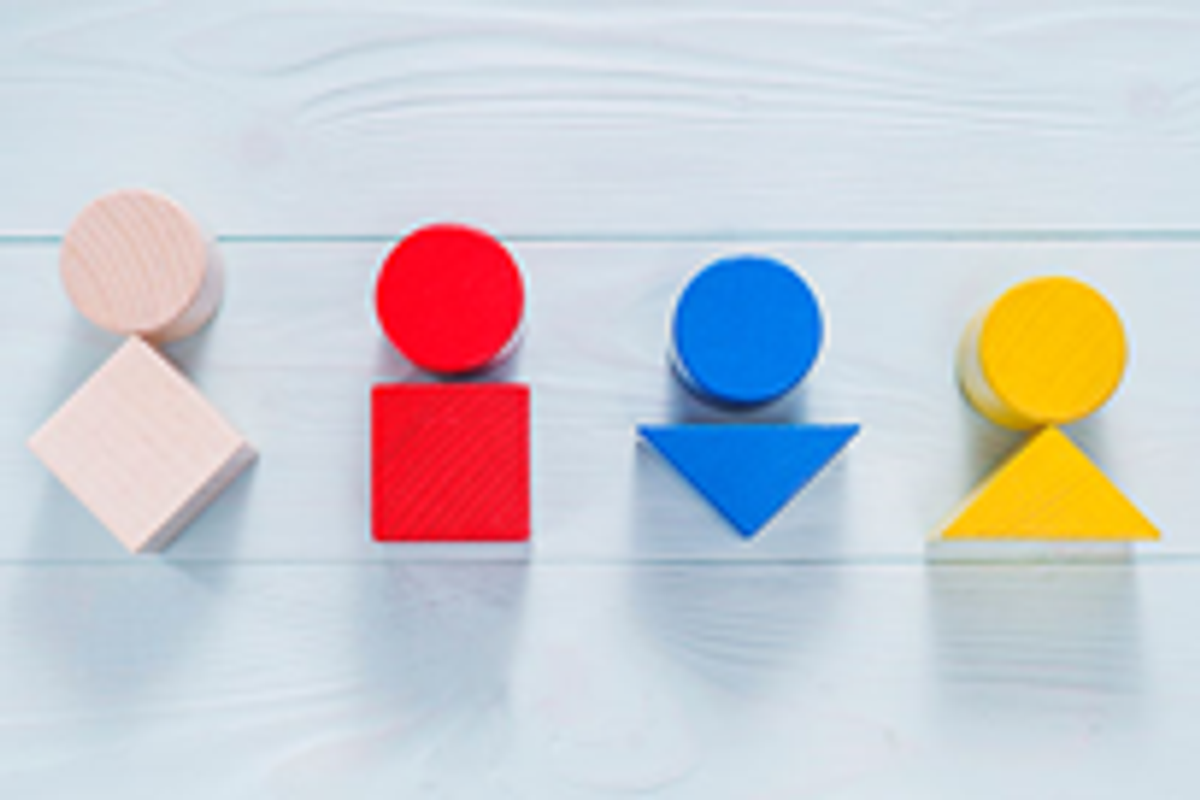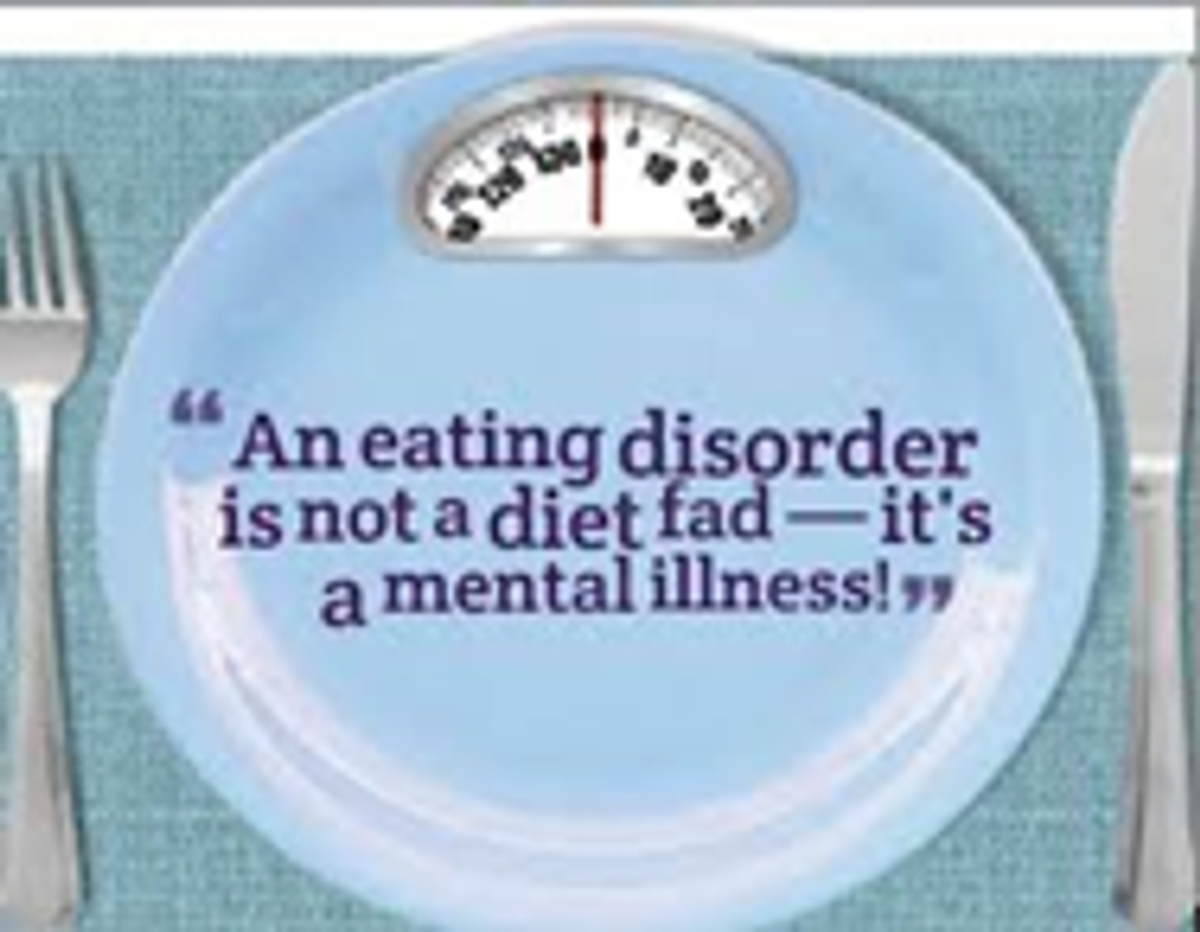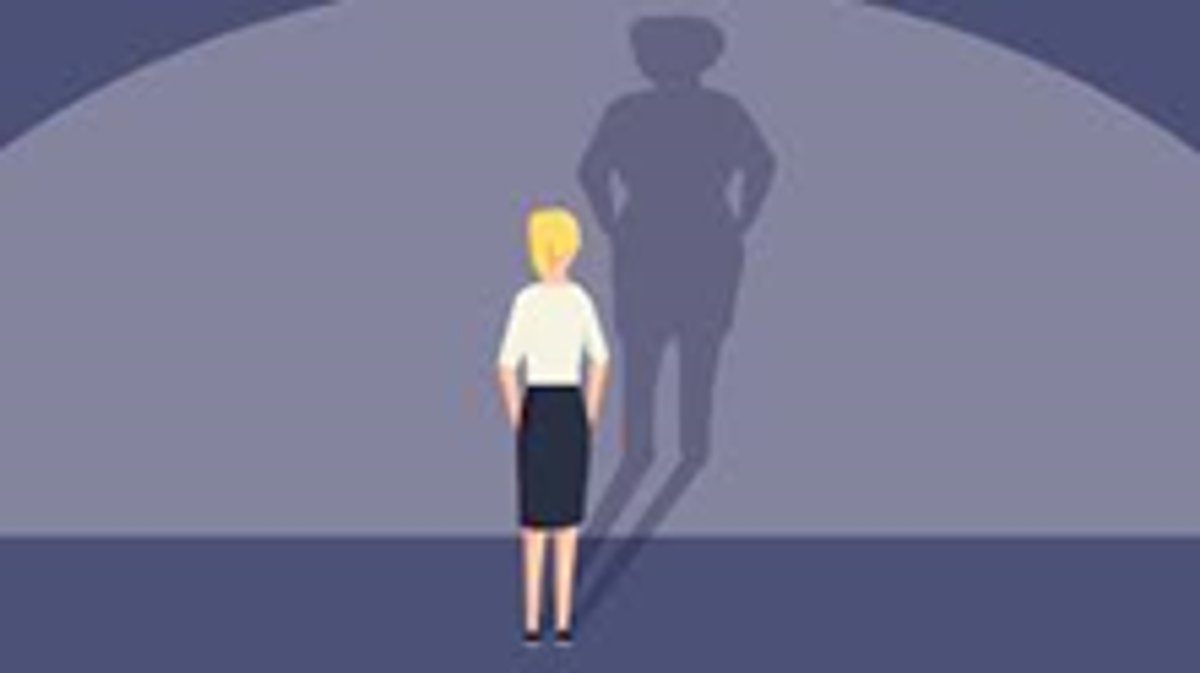Counsellor/Wellbeing News

“Don’t judge a book by its cover”
“Beauty is only skin deep”
“Beauty isn’t about having a pretty face. It’s about having a pretty mind, a pretty heart and pretty soul”
We have all heard sayings like this. How we look is only a very small part of who we are – that goes without saying. But despite all this, body image consistently rates as one of the top concerns for young people in Australia.
Children can form opinions about their body from a very young age. With media constantly trying to dictate the “ideal body weight, size and shape”. But this doesn’t exist.
Everybody is different. We all have different genetic and cultural traits. Even if everyone started eating the same things and did the same amount of exercise for a whole year, we would not all look the same at the end of the year. This is because each person’s genetic inheritance influences their bone structure, body size, shape, and weight differently.
People with negative body image have a greater likelihood of developing an eating disorder and are more likely to suffer from feelings of depression, isolation, low self-esteem, and obsessions with weight loss. Parents play a critical role in children developing healthy body image and identifying concerns. A young person’s eating habits and language around appearance can be an indicator. Parents and teachers need to help young people to understand that appearance doesn’t equate to their health or success in life.
A person experiencing an eating disorder will change the way they interact with food, and/or be dissatisfied with their body shape and size. These changes will have significant impact on their life. Eating disorders are serious mental illnesses that can have severe medical complications.
Behavioural signs
- dieting or overeating excessively
- eating very quickly or very slowly
- eating only certain types and amounts of food
- avoiding social situations that involve food
- ‘playing’ with food rather than eating it
- going to the bathroom straight after meals
- wearing loose-fitting clothes to hide weight loss
- preparing and cooking meals for others, but not actually eating
- engaging in repetitive or obsessive behaviours relating to body shape and weight (e.g. weighing)
- exercising excessively, feeling compelled to perform a certain number of repetitions of exercises or experiencing distress if unable to exercise
Physical Signs
- weight loss or weight fluctuations
- sensitivity to the cold or feeling cold most of the time, even in warm temperatures
- changes in or loss of menstrual patterns
- fainting
- swelling around the cheeks or jaw, calluses on knuckles, or damage to teeth due to vomiting.
Emotional or Psychological Signs
- thinking and talking a lot about body image, body weight and food
- expressing extreme dissatisfaction with their body or having a distorted body image
- becoming irritable or withdrawing from family and friends
- being sensitive to comments about food, exercise, weight or body shape
- feeling anxious or depressed
- difficulty concentrating
- problems with relationships
Sometimes it can be tricky to determine what is going on for a young person especially if some of these warning signs develop over time.
Feed Your Instinct is on interactive tool designed to support parents of children and young people experiencing different types of eating and/or body image problems. It provides information and guidance and includes modules on eating, wellbeing, thinking and feeling. It also provides an online checklist developed by the Victorian Centre of Excellence in Eating Disorders. The tool provides an overview of what you are noticing and also provides the next steps for seeking support.
For more information – Please check out
Body Image edition on School TV
Eating disorder edition on School TV
National Eating Disorder Foundation
It is difficult to turn negative thoughts about body image into positive but here are 10 healthier ways to start looking at yourself and your body:
- Appreciate and celebrate how amazing your body is and all that your body can do – running, walking, dancing, breathing, dreaming…
- Keep a list of the amazing things you like about yourself – not related to what you weigh or what you look like, and add to that list as you discover things about yourself
- Remind yourself that true beauty is not skin deep - When you feel good about yourself and who you are, you carry yourself with a sense of confidence, self-Remind yourself that true beauty is not skin deep - When you feel good about yourself and who you are, you carry yourself with a sense of confidence, self-acceptance, and openness that makes you beautiful. Beauty is a state of mind, not a state of your body.
- Look at yourself as a whole person not just what you see in the mirror. See yourself as you want others to see you.
- Surround yourself with positive people. It is easier to feel good about yourself and your body when you are around others who are supportive.
- Shut down those unhelpful voices in your head that tell you that your body is not right and focus on all the helpful things about it and what it can do.
- Wear clothes that make you feel good and comfortable.
- Be a critical viewer of media and social media. Recognise that much of it is not real. Pay attention to things that make you feel bad about yourself and your body and avoid them or protest against them.
- Do something nice for yourself. Show your body some appreciation – take a nap, a bath or a nice place to relax.
- Instead of using time worrying about diets, food and calories spend time with people who make you feel good about yourself and make a positive change.acceptance, and openness that makes you beautiful. Beauty is a state of mind, not a state of your body.
Remember if you’re worried about a young person in your life, the sooner you discuss your concerns with them the better. Don't watch and wait to see what happens, or assume that because they look 'healthy' everything's OK.
For more information – Please check out
Body Image edition on School TV
Eating disorder edition on School TV
National Eating Disorder Foundation
Karen Surian
College Counsellor/ Social Worker




